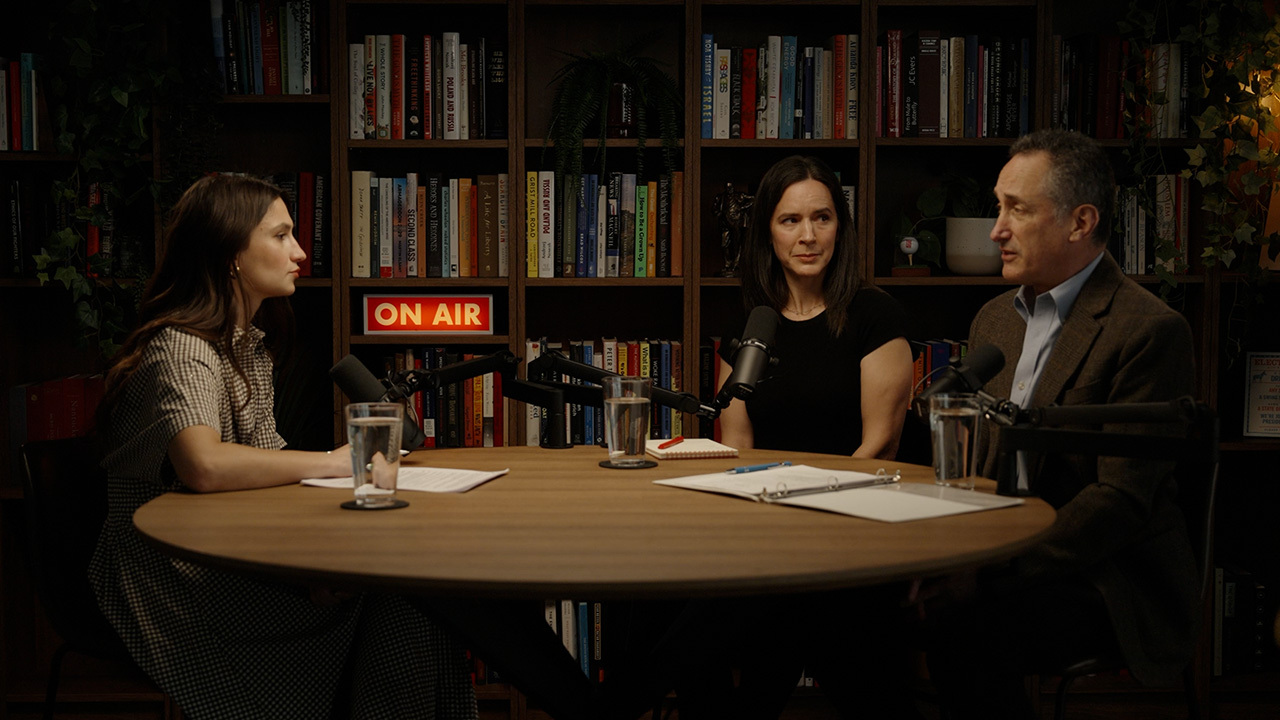Nevada lawmakers weigh aid-in-dying for terminally ill
CARSON CITY, Nev. -- A Las Vegas Democrat says he promised his dying friend over a decade ago that he would legalize physician-assisted suicide and he's attempting to make good on that oath with a bill that drew two hours of testimony Wednesday at the Legislature.
Sen. David Parks said his proposal to permit terminally ill Nevada residents to request life-ending drugs would allow patients to live their final days under their own control.
The Senate Health and Human Services Committee took no immediate action on the measure, which faces an uphill battle. Gov. Brian Sandoval does not support the policy, spokeswoman Mari St. Martin said on Wednesday.
Parks said he has worked on amending the bill throughout this session to make it the "strongest death-with-dignity legislation in the country today" for a dear friend who, at the end of her life, pleaded with him to introduce a bill that would resemble Oregon's 1997 law.
Senate Bill 261 would give the end-life option to willing adults if a doctor believes they have less than six months to live and they are able to make decisions independently.
Nevada pharmacists would be allowed decline to fill a prescription for substances intended to end someone's life.
Physician-assisted suicide is legal in six states: Oregon, California, Colorado, Montana, Vermont and Washington.
"These states have seen an increase in palliative and hospice care, have discovered that patients who eventually use the law are almost universally participating in hospice and, importantly, find that these terminally ill patients more often die at home surrounded by loved ones and friends," Parks said.
The bill largely draws on other states' laws, including a California provision requiring doctors to confirm with patients that they are not feeling coerced into ending their life.
Parks argued that and other proposed safeguards would protect patients. But opponents said the legislation will not prevent insurance companies from preying on people by promoting physician-assisted suicide as a less-expensive option than continued treatment.
Opponents also say life expectancy is not an exact science, and condoning aid-in-dying could cut lives short by years.



